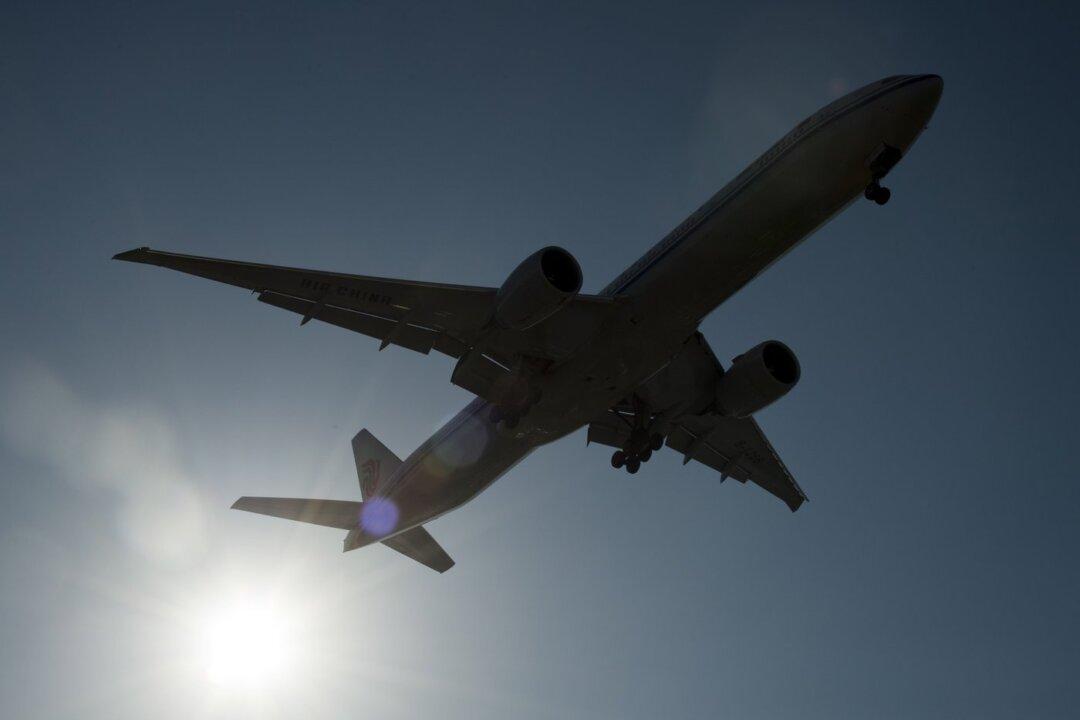Airfare in Canada may have dropped at the beginning of the year, but travellers shouldn’t expect prices to stay low.
An aviation expert is predicting a rise in ticket prices this spring after more than a year of lower prices while airlines were competing for passengers to make up for lost profits during the pandemic.





